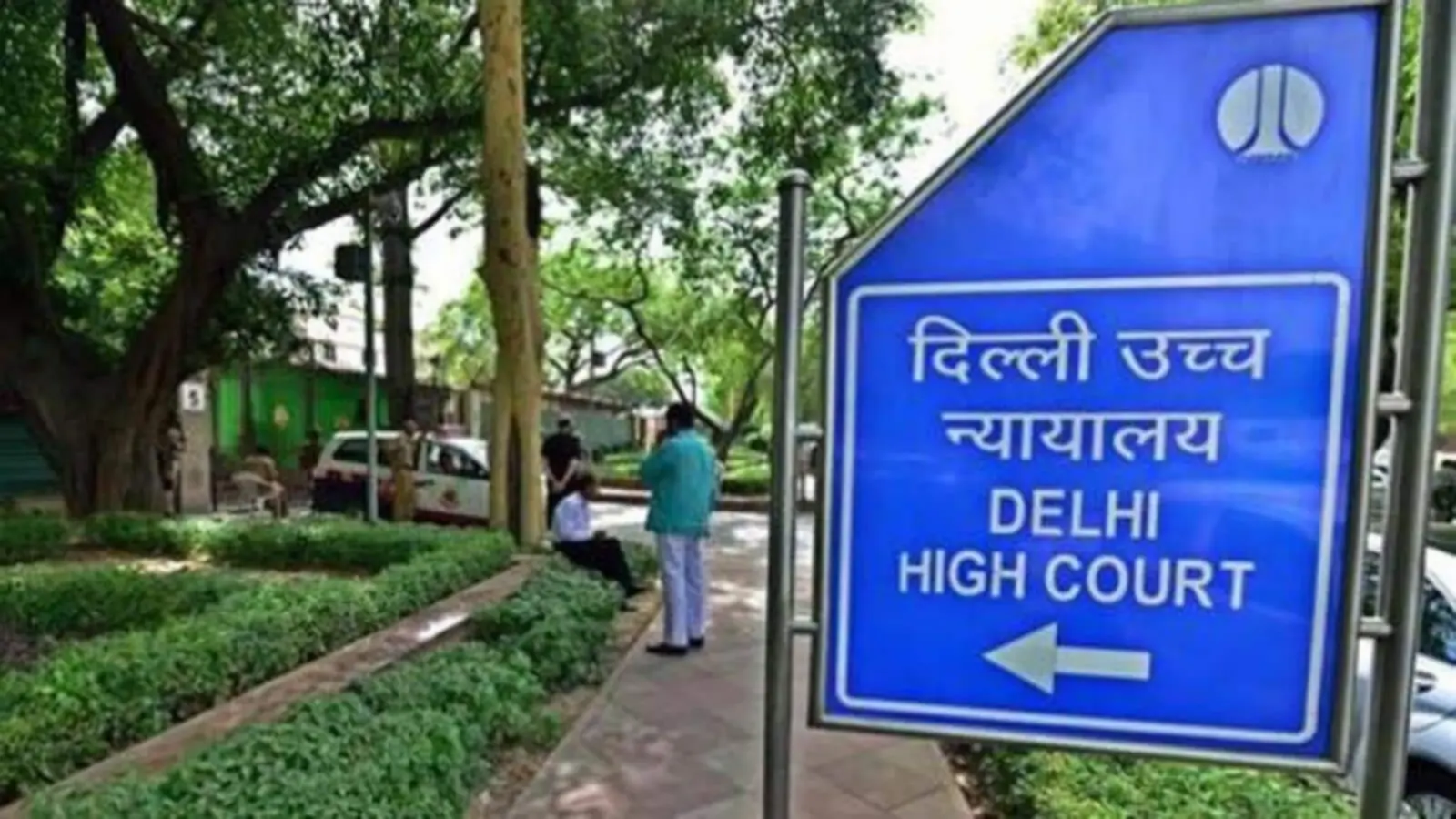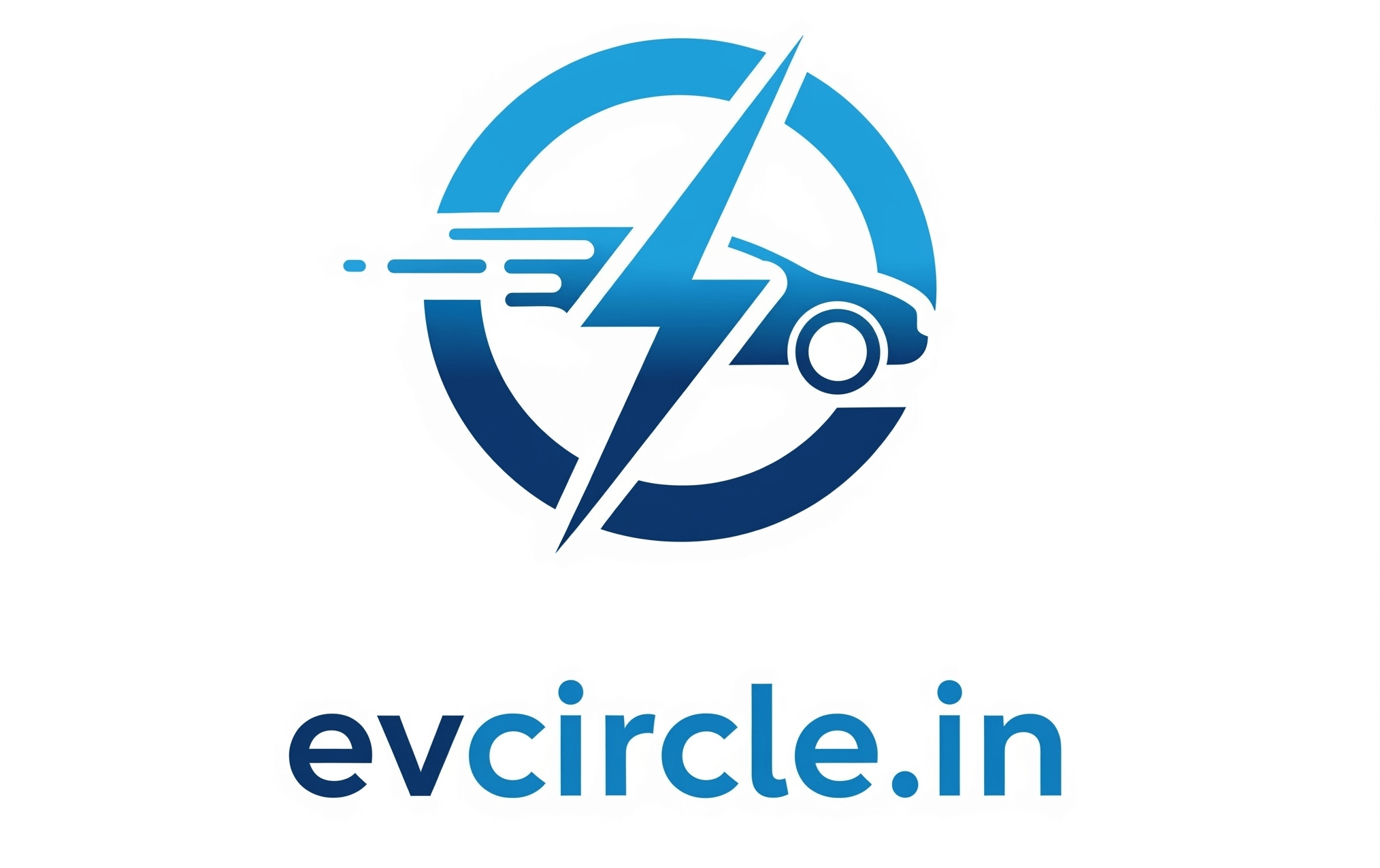
The Delhi High Court on Wednesday instructed the Delhi government to provide the necessary approvals to its transport department to open a new bank account so that subsidies under the Delhi Electric Vehicle (EV) Policy, 2020 can be paid out promptly.
The current EV policy—first rolled out in 2020 and lapsed in August 2023—has been prolonged several times since, and includes various incentives such as purchase subsidies for electric two-wheelers, e-rickshaws, e-carts and electric cars (for commercial purposes), along with scrapping incentives and interest subvention on loans. It presently provides a purchase incentive of 25% (up to ₹5,500) for e-cycles, ₹30,000 for e-rickshaws and e-carts, and ₹5,000 per kWh of battery capacity (capped at ₹30,000) for two-wheelers. Light electric commercial vehicles are also eligible for a subsidy of ₹30,000. In July, the government extended the policy by four months.
A bench comprising chief justice DK Upadhyay and justice Tushar Rao Gedela noted that the government could not defend delays in subsidy payments by arguing that the Delhi EV policy, 2020 did not specify fixed timelines for disbursement. This followed the Delhi government’s counsel, Sameer Vashisht, drawing the court’s attention to an RTI response from the transport department’s public information officer, which said 78,158 beneficiaries had received subsidies totaling ₹179.35 crore, while ₹48.36 crore remained unpaid.
The RTI response attributed the hold-up to the ongoing creation of a new bank account for direct subsidy transfers. It added that the transport department was waiting for the finance department’s approval to finalise the account, and assured that once operational, the payment process would become faster and more efficient.
Taking this into account, the court ordered the government to rectify the procedural delay and establish a new bank account to commence payments immediately.
“What we observe from the reply is that the government is taking shelter in the claim that the Delhi electrical vehicle policy, 2020 does not provide for a fixed timeline for disbursement of subsidy. Such a ground, in our view, is not available for the government to avoid finalising and disbursing the subsidy to beneficiaries who are otherwise eligible under the scheme. We accordingly dispose of the writ with direction to the GNCTD to immediately take all steps required for setting up the new bank account for direct subsidy payments by according requisite approvals from all the departments including the finance department,” the court said in its order.
It added, “It is not that the government lacks funds to disburse the subsidy amount; it is only the procedural delay in setting up a new bank account that is causing concern among beneficiaries due to untimely payment of the subsidy. In the aforesaid view, we expect that the procedural delay shall be addressed & accordingly, after setting up the new bank account with the approval of all requisite departments, the payment shall immediately start.”
The court’s direction came on a petition filed by NGO Jan Sewa Welfare Society challenging the Delhi government’s delay in releasing subsidies amounting to ₹48.36 crore. In its petition, argued by advocate Yogesh Goel, the NGO contended that the inaction and sudden delay amounted to administrative betrayal, undermining public confidence in government policy and governance.
See also: The Truth About Electric Vehicle Range Testing in Real Conditions
Auto and lifestyle writer who loves simplifying complex topics into easy-to-understand insights.

Leave a Reply